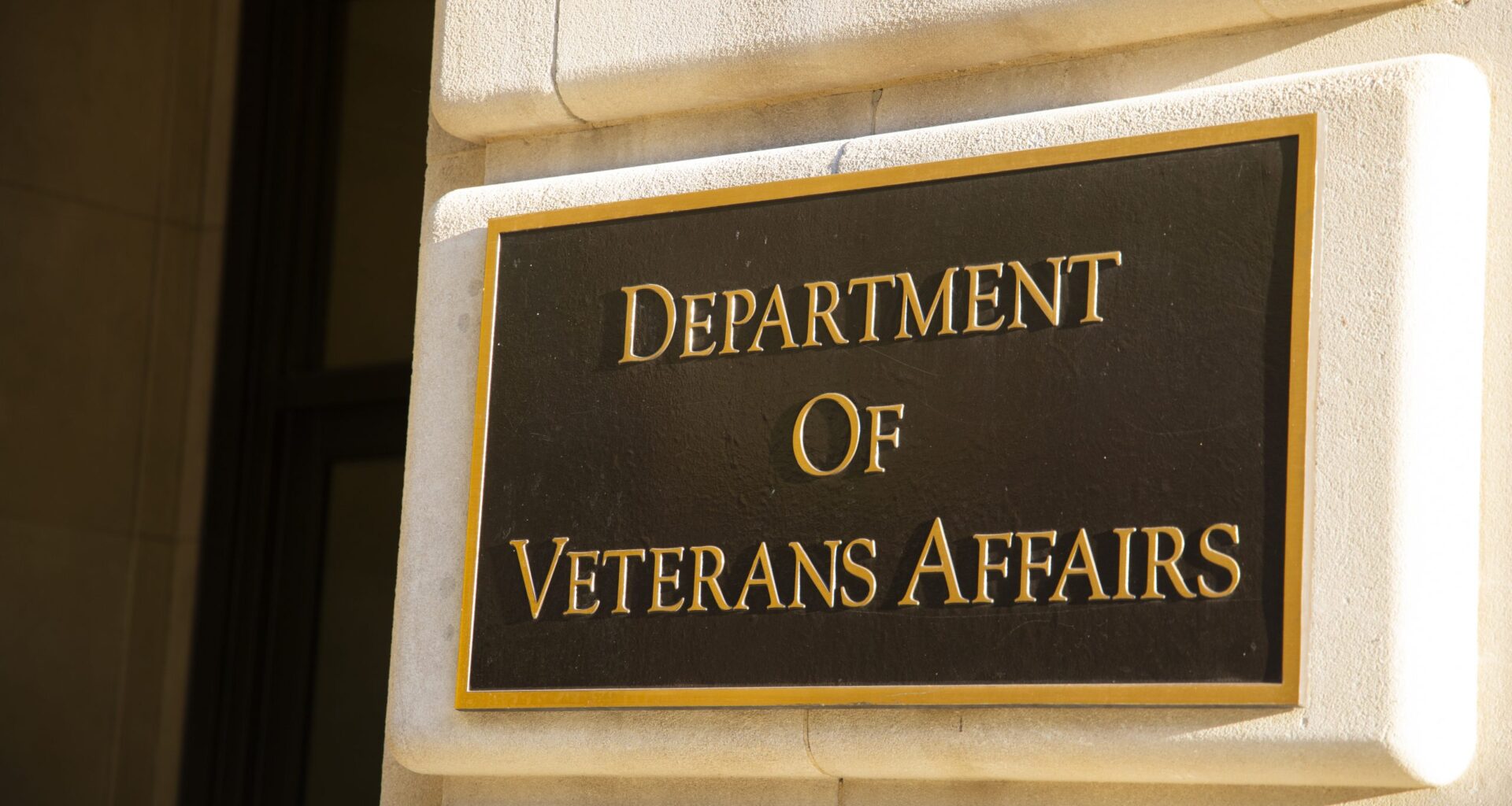Seven years ago, Congress passed the VA MISSION Act with the explicit intention that veterans receive the highest-quality healthcare, whether from the Department of Veterans Affairs (VA) or the newly created Veterans Community Care Program (VCCP)—the option to see private providers outside the VA. The legislation’s emphasis on quality was unmistakable; the word appeared 50 times throughout the bill.
In particular, the 2018 legislation requires that VCCP mental health providers are trained in a manner comparable to the VA’s, particularly in clinical areas where the VA has “special expertise” (emphasis added). These specialized areas include, among others, post-traumatic stress disorder, military sexual trauma-related conditions, and traumatic brain injuries. Under this framework, VCCP providers are expected to complete mandatory training in scientifically recommended treatments before providing care to referred veterans.
But a harmful pattern of VA and congressional neglect has emerged, endangering veterans’ lives and threatening the quality that the MISSION Act aimed to protect.
A System Built to Fail
The authors of the MISSION Act understood that the training gap between VA and private sector mental health providers is wide. VCCP mental health providers generally have fewer years of graduate training than VA ones. Compared to the VA, VCCP providers are also far less likely than their VA counterparts to use—or even offer as an option—a scientifically supported psychotherapy for conditions like post-traumatic stress disorder (PTSD), depression, and other mental health conditions. A RAND Corporation study found that “a psychotherapist selected from the community is unlikely to have the skills necessary to deliver high-quality mental health care to service members or veterans.”
VA providers are required to conduct annual screenings for suicide, PTSD, substance use, military sexual trauma, and depression—mandated protocols that don’t exist in the privatized VCCP. Meanwhile, 57 percent of private mental health providers do not routinely screen for problems common among veterans, such as mental health and substance use issues or sleep-related problems.
To potentially help VCCP providers deliver better care, the VA developed eight comprehensive trainings that address veterans’ urgent mental health challenges—such as post-traumatic stress, suicide prevention, and opioid abuse—each about an hour long. The VA required its own providers to complete all modules, but VCCP’s private providers only need to take the opioid safety module. The remaining seven essential trainings were merely “recommended.”
The Predictable Catastrophe
The VA’s decision to make critical trainings voluntary for VCCP providers has proven disastrous. A recent Government Accountability Office (GAO) report reveals that between 2021 and 2023, veterans received mental health referrals to 22,725 providers outside the VA. Of those clinicians, only 380—roughly 2 percent—completed a single training.
These failures are alarming, particularly when it comes to specific veteran subpopulations. During this period, more than 8,000 veterans flagged as active suicide risks were referred to providers who lacked any documented training in suicide prevention. While anxiety and stress-related disorders represented nearly half of patients’ diagnoses, barely any community providers had taken PTSD or military sexual trauma training.
Willful Blindness
Perhaps most troubling is that these lax standards for private providers didn’t happen in the dark. The GAO investigators discussed the training deficiencies with the VA, as the Office of Inspector General had previously. The VA said it prioritized “network adequacy”—having enough providers—over enforcing training standards. In other words, a glut of untrained providers is preferable to a smaller pool of well-trained ones. This aligns with Congress’s decade-long push—and this administration’s goal—to further privatize veterans’ mental (and physical) healthcare.
The problem is getting worse. Last week, the House Committee on Veterans’ Affairs (HVAC) advanced the Veterans’ ACCESS Act, allowing veterans to access mental health care in the community “without pre-authorization or referral.” While that may sound like it eases some bureaucratic roadblock, this legislation opens the gates to private-sector mental health clinicians who are undertrained to treat veterans.
Meanwhile, the No Wrong Door for Veterans Act, which the House Committee on Veterans’ Affairs just passed, and the nearly identical HOPE for Heroes Act, which passed the Senate Committee on Veterans’ Affairs, would also increase referrals to non-VA mental health providers. These bills similarly include no training mandates.
A Clear Path Forward
The training standards that govern VA mental health providers should apply to their private sector counterparts. Several key reforms can make it a reality.
First, enforce uniform training standards. All eight core training modules should be mandatory for any provider treating veterans in the VA or community settings. This is a low bar, but better than none.
Second, toughen accountability. Third-party administrators overseeing the VCCP should suspend private providers who fail to meet standards, without exception.
Third, demand transparency. The VA’s Provider Profile Management System (which functions as the main database of community providers used by VA medical center staff to schedule referrals) should display training records and be accessible to both veterans and the public.
A Moral Reckoning
Representative. Sheila Cherfilus-McCormick, a Florida Democrat, introduced a bill during the HVAC hearing on the ACCESS Act in July, requiring community mental health providers treating veterans to meet the same rigorous training standards as VA clinicians. Committee Republicans immediately voted it down, yet the need only grew stronger this week when the VA announced that veterans are now allowed 52 weeks of mental health services in the VCCP before having to obtain VA reauthorization.
Congress and the VA can no longer ignore care quality—enforceable training requirements must be part of community care legislation. Anything less breaks the sacred trust between our nation and those who defend it.
Related

